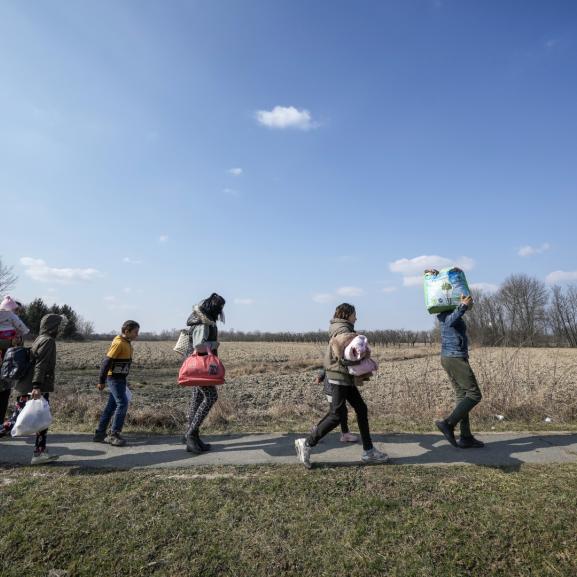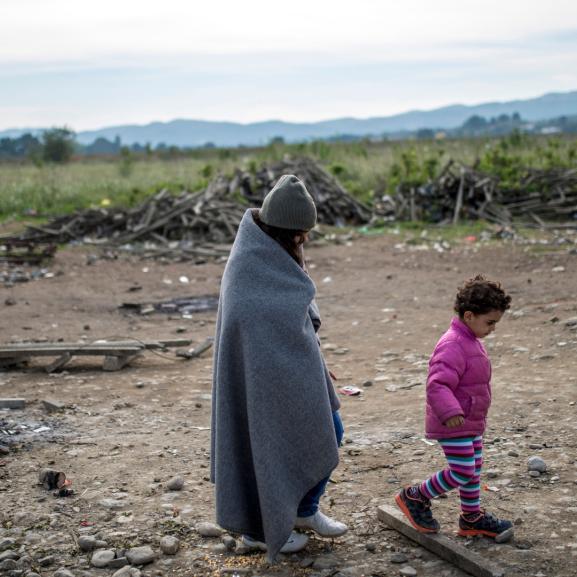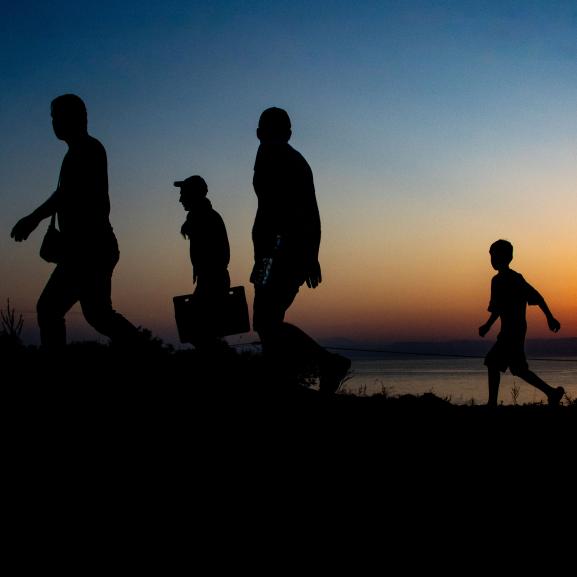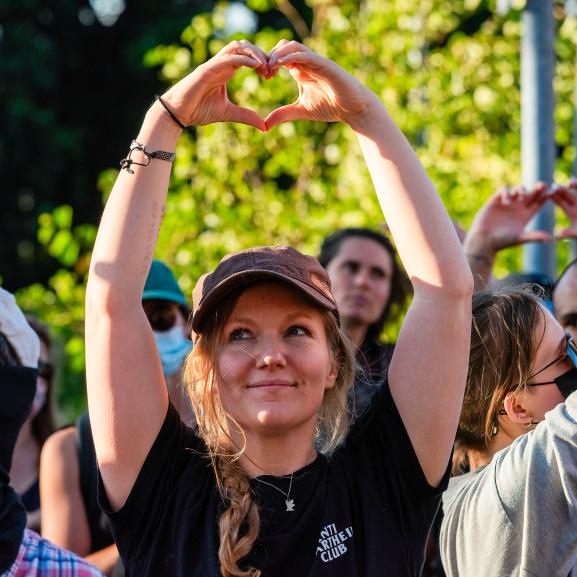Torture survivors' charity slams children's asylum proposals
The Medical Foundation for the Care of Victims of Torture says proposed reforms of the way that child asylum seekers who arrive unaccompanied in the UK are treated amount to a cost saving exercise that is a betrayal of Government undertakings on child welfare.
It says the Home Office consultation document on the reforms issued today (Thurs) is a cosmetic exercise as key changes have already been negotiated, or already introduced, that will have a major impact on care, support and protection arrangements for child asylum seekers, many of whom will have experienced torture.
And it warns that Britain is in danger of creating "an apartheid care system" for unaccompanied asylum seeking children.
Reforms announced today include plans to disperse young asylum seekers, who are at present largely looked after in the South East and one or two other major conurbations, into the care of councils around the country. The use of X-rays is being considered to determine the age of asylum seekers accused of being adults masquerading as children to prolong their stay in the UK, and children from certain countries of origin will be forced to return home.
Other changes already introduced without public consultation as part of the Government's New Asylum Model include interviews with Home Office case workers for all asylum seekers aged 12 and over within 35 days of their refugee claim, with a decision reached on the claim days later.
And the time limit for the granting of discretionary leave to youngsters who have failed in their asylum claim but can't as minors be returned to their countries of origin, was recently reduced from 18 to 17. The consultation document makes matters even worse, suggesting that discretionary leave might be dispensed with altogether for over 16's on the basis that they are much easier to remove.
The Home Office document says there are "many features of the current arrangements that we should be proud of" and that "[a]sylum applications are carefully considered." Yet, in 2006, 93% of all child refugee claims were refused, with the majority receiving only discretionary leave to 18.
And the Children's Commissioner for England has launched an investigation into alleged unlawful practices at one of the largest authorities responsible for unaccompanied children, an authority which will play a major role in implementing the Home Office's new arrangements.
MF Children's lawyer Syd Bolton said: "I see nothing at all for this government to be remotely proud of in the way it has treated asylum seeking children. Today's consultation document confirms that "Every Child Matters" - the policy document in which the Government said its aim for every child, whatever their background or their circumstances, was to provide the support they need to 'Be healthy, Stay safe, and Enjoy and Achieve,' has no real place in Home Office thinking beyond useful rhetoric.
"The bottom line is to cut costs by getting asylum seeking children out of London and the South East, following on from its dispersal system for adults in 2000. We are concerned that it creates the danger of an apartheid care system developing and undermines the guiding principles of the Children Act 1989."
With no extra funding being made available to look after youngsters outside London, he said there were major questions as to whether they would have adequate access to immigration lawyers, and whether health and education providers will be able to meet the needs of the new arrivals.
X-raying bones to determine age, he added, is a technique with a wide margin of error that is also unethical, demeaning and potentially harmful for the person involved, while reducing the age of discretionary leave was an exercise in expediency that undermines the principle that a child should be protected throughout childhood and their futures properly planned for.
He was also deeply concerned that plans to interview young children within 35 days of arrival will prove psychologically damaging. MF clinicians need at least six months working with a child to enable them to settle into a new environment and build a trusting relationship to enable them to revisit their experiences and properly respond to questioning about very traumatic events in their lives.
And he queried the standard of care likely to be available in countries such as Angola, Democratic Republic of Congo and Vietnam, to which child asylum seekers could be returned.
"This is not a meaningful consultation about the way we should look after the most vulnerable children, but a dispersal and immigration control programme that is going ahead in any event, " he said.
"It is underpinned by simplistic assumptions about why children flee; it is built on an ambition to procure cheaper, standardised accommodation and to serve as a deterrence message. This is at the expense of understanding the real needs of children, many of whom have suffered torture and other serious abuses, and all of whom are without parents, left to cope alone in a foreign country.
"We are deeply concerned that the contents of this document have long been the subject of behind the scenes negotiations with selected Local Authorities and that the public consultation exercise is merely cosmetic. We understand, for instance, that X-rays are already being used in some cases.
"If this was a town planning enquiry it would be the equivalent of leaving the public only to comment on the pattern of the curtains long after the housing estate had been built. In short, it is window dressing.
"How we treat children is a litmus test of our humanity. In reforming services to unaccompanied children there is an opportunity to do the right thing for once, providing that this is a real consultation and that children and organisations specialising in helping them are actually listened to.
"The Home Office may stake its claim to control the UK's borders, but its opt-out from international children's standards and from statutory safeguarding duties means this is a government department that has neither the depth of expertise nor legitimate remit to decide policy and practice on the needs of children. All children's policy belongs fully within the responsibility of our Children's Minister."
"If the Home Secretary is serious about breaking up the juggernaut that is the Home Office, he would do well to reform this aspect of his work by handing full responsibility for these children back to the DfES."






